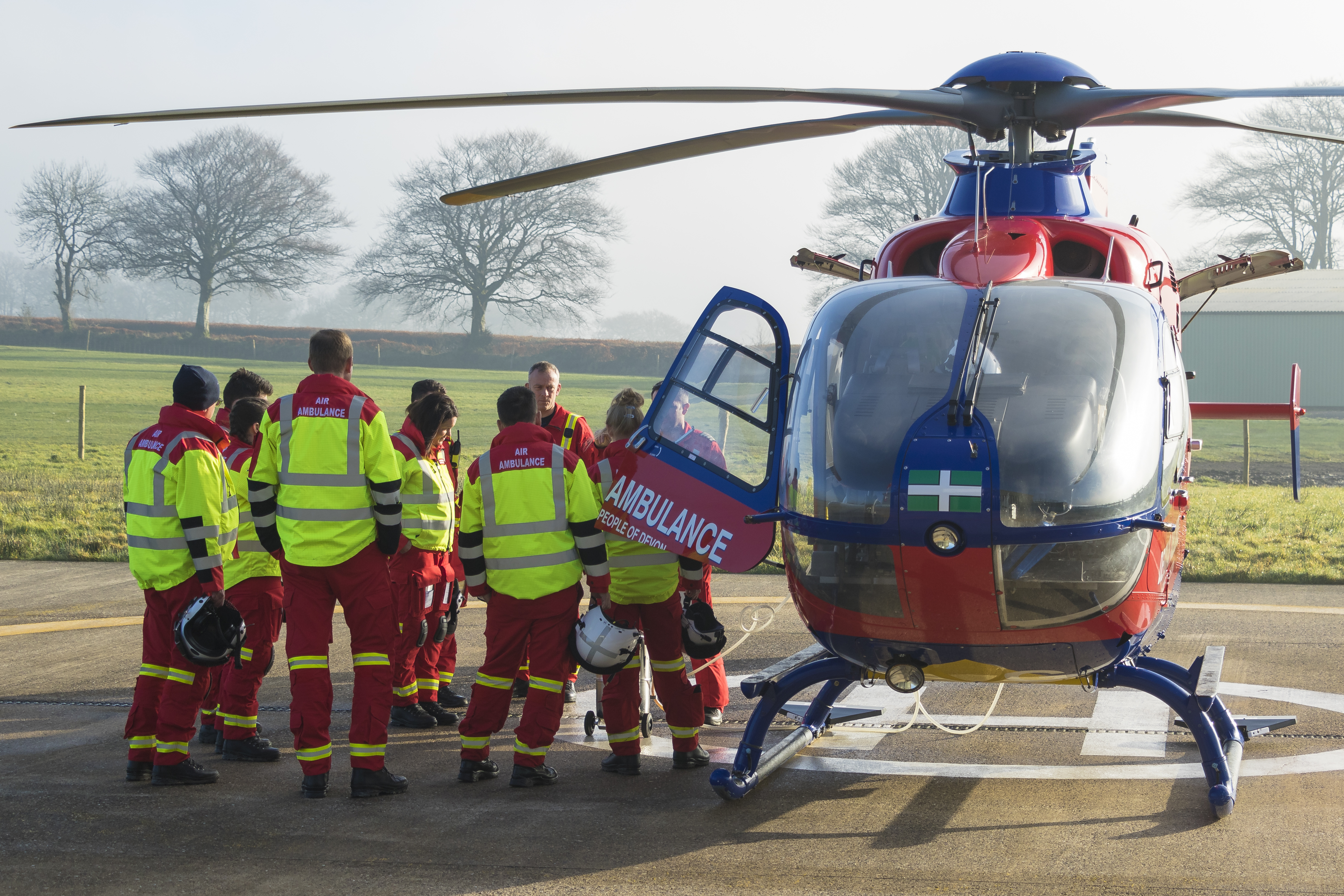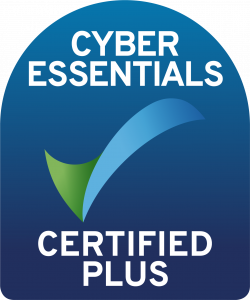Why Quality Improvement, Research & Audit are important to us

Clinical Governance
• Clinical Audit
• Clinical Effectiveness including Research
• Risk Management
• Patient and Public Involvement
• Information Governance
• Staff Management
Education
All our paramedics undertake Master’s level education through our partnership with Plymouth University. Our ‘Advanced Paramedics in Critical Care’ complete a 3-year Master’s in Pre-Hospital Critical Care/Retrieval and Transfer providing them with the knowledge and skills to provide a level care well beyond that traditionally able to be provided by paramedics. Find out more information on the Masters in Pre-Hospital Critical Care/Retrieval and Transfer.
However, education is embedded into our culture. All our clinicians are supports with development time to support their professional activities and attendance on course, seminars, training events and conferences are fed back to the wider team so all can benefit from the learning.
Each month, as part of our Clinical Governance day, a Journal Club and themed education session are delivered which enables our team to keep abreast of the very latest evidence and treatment provision available.
Clinical audit
Clinical audit is a way to find out if healthcare is being provided in line with standards and informs us of how well we are doing, and where there could be improvements. We employ a full-time Patient Services auditor who supports the Clinical Committee and allows quality improvement to take place where it will be most helpful and will improve outcomes for patients. Our Clinical Audit enables us to submit data on our service to support national Ambulance Quality Indicators as well informing our in-house audit cycles and quality standards, and identifying any areas where a Quality Improvement project could lead to even higher standards of care.
Clinical Effectiveness including Research
Risk Management
The management of risk is a key focus area within Devon Air Ambulance as the work that we undertake, and the environment we work in, is not risk free.
Alongside managing the risks associated with flying helicopters, we have a number of staff within the organisation who assess the risk of what we undertake, consider the mitigating actions that can be taken to still enable us to undertake the actively effectively, and develop and design processes to keep patient and staff safe.
As part of the risk assessment process, staff who undertake the activity are involved in the risk review process and encourage to provide feedback on their experience or solution that could help keep everyone safe.
Our comprehensive suite of risk assessments are linked to our incident reporting system, enabling any incident report to be ‘tagged’ to a risk assessment so that when the risk is reviewed, all the reports related to the activity are instantly available to feed into the review process.
Patient and Public Involvement
Our three Patient Liaison Clinicians seek to contact our patients or their relatives after an incident that we have attended to offer support, fill in any gaps about the care we provided and, where beneficial, provide contact details for other agencies or charities who can provide ongoing support to them. Find our more about our Patient Liaison Clinicians.
Information Governance
We recognise the great trust patients place upon us by disclosing their personal and confidential information to enable us to treat them safely and effectively. Understanding their medical history, medications they take and social circumstances is an essential element of delivering high quality care. Recording this information accurately and passing it on to hospital staff so that they can continue to provide the patient with safe care is essential to provide the patient with the highest possible chance of a successful outcome.
Managing patient information is another key area of focus for Devon Air Ambulance. We only share identifiable information with agencies we hand the care of the patient to. We keep records to inform our Clinical Governance process and to comply with legislative requirements and all records are stored and transmitted encrypted. Access records is restricted to just those that need to have access to them and we use Multi Factor Authentication for all means of access.



